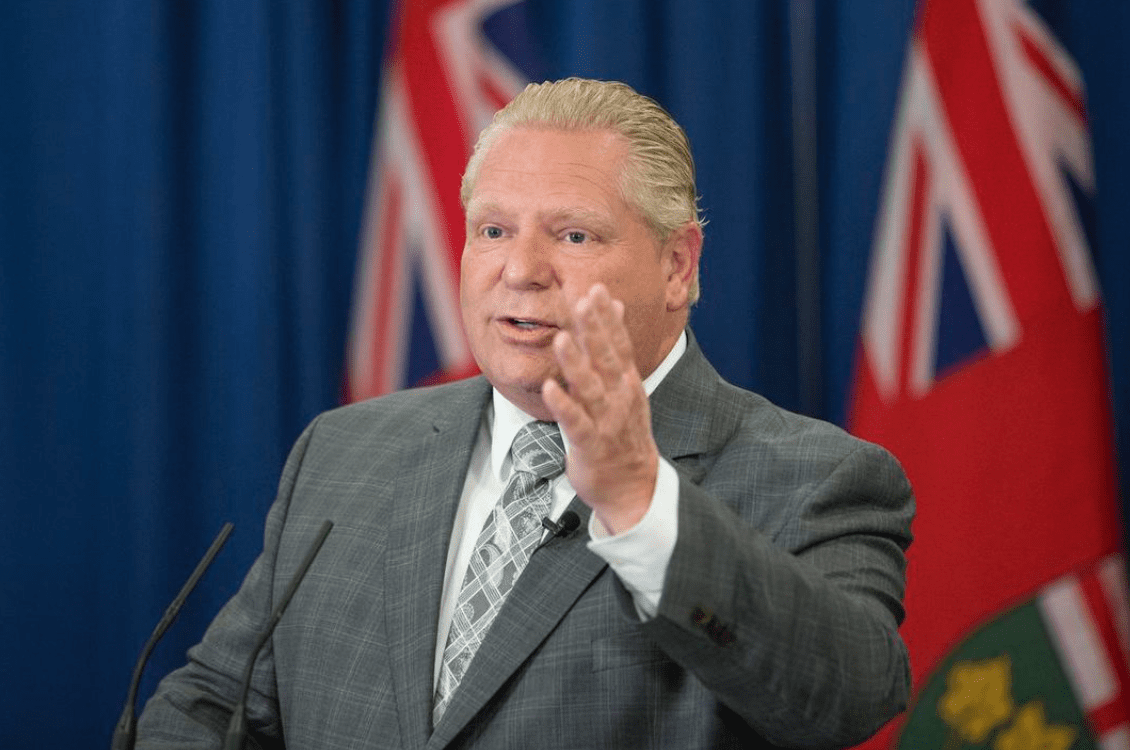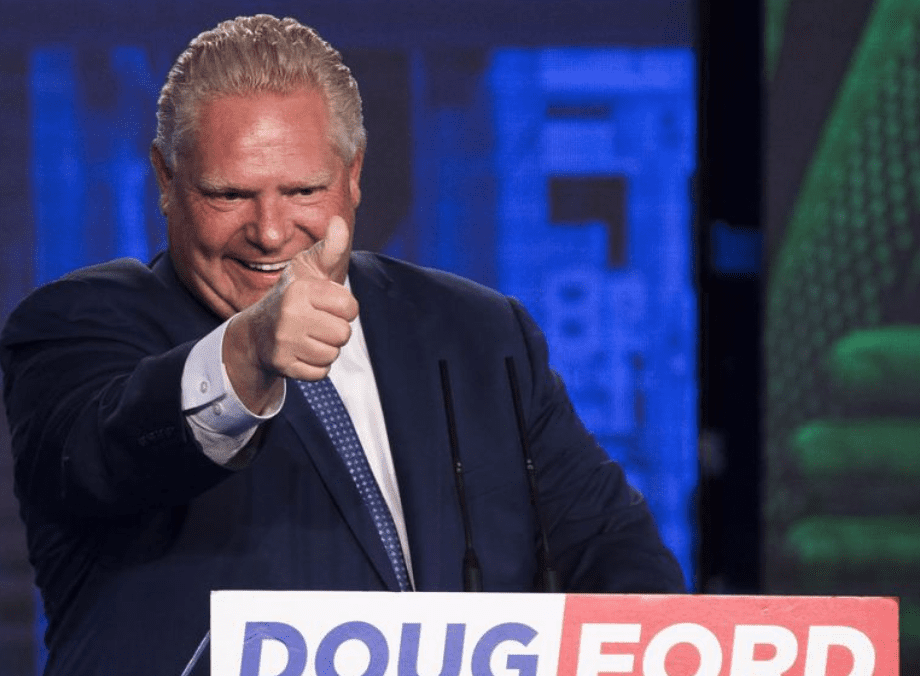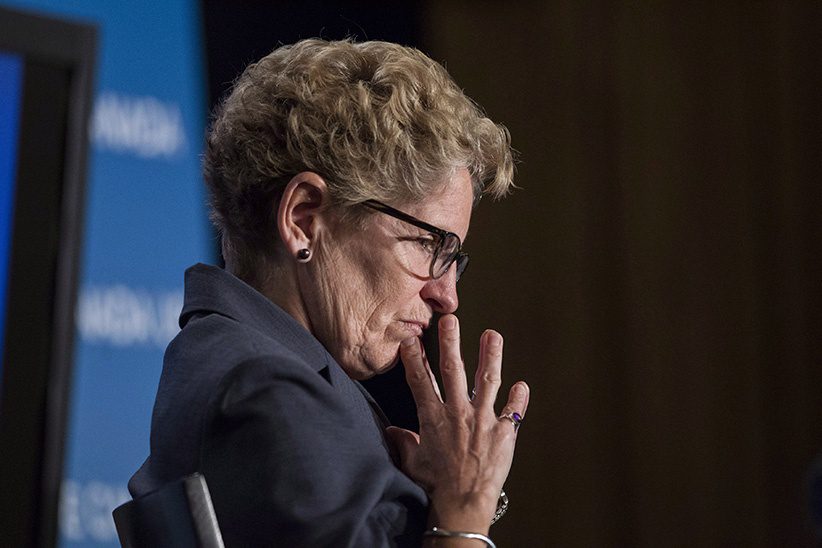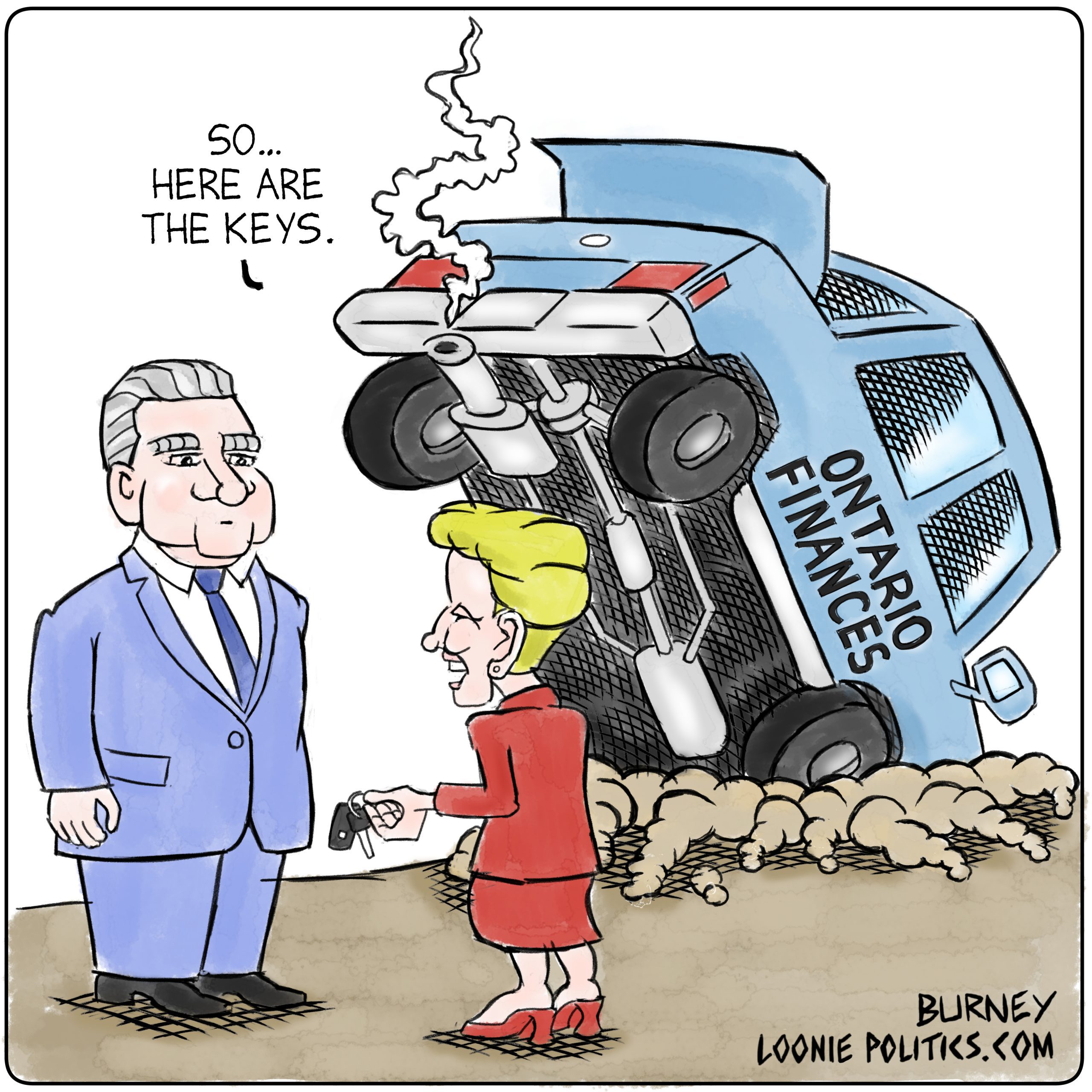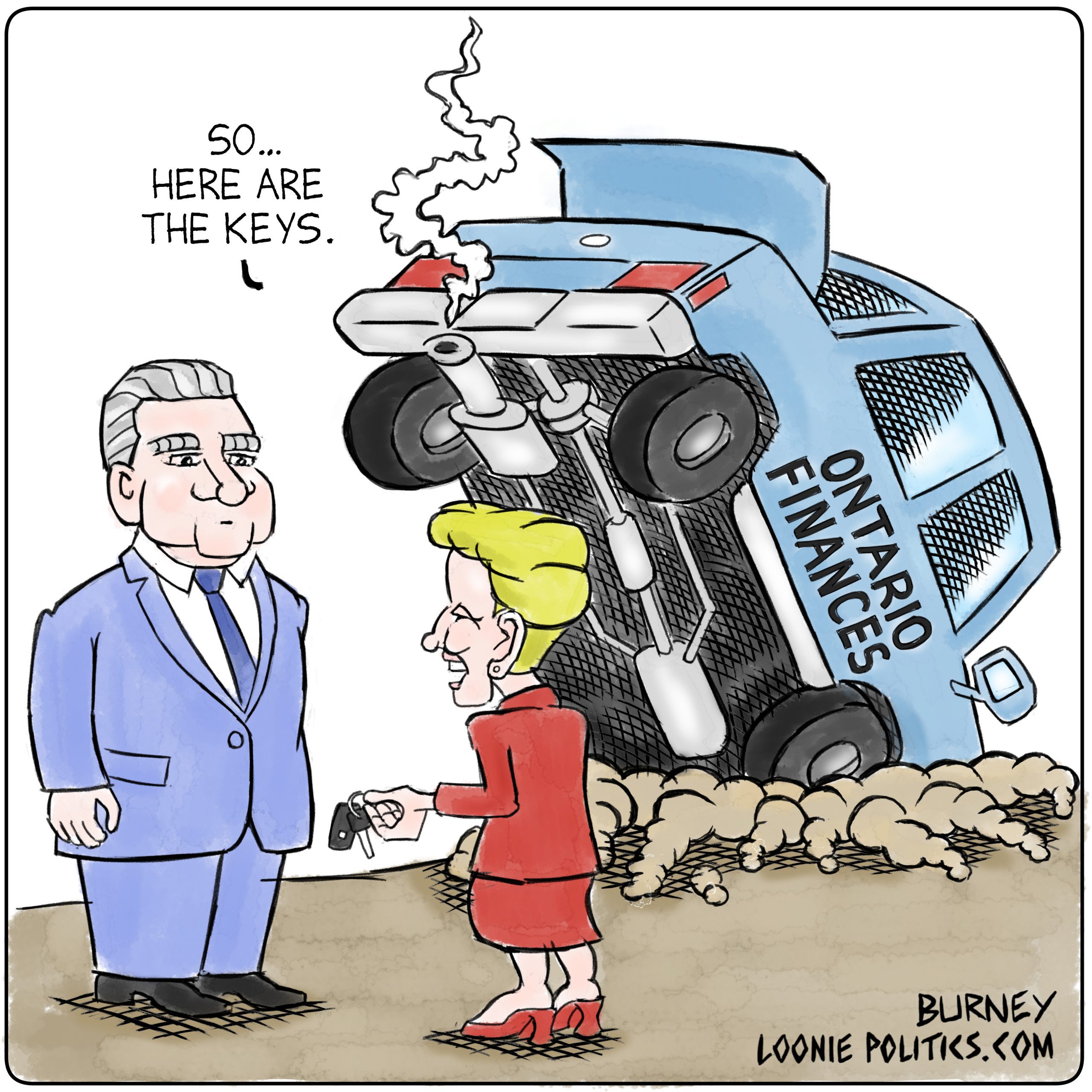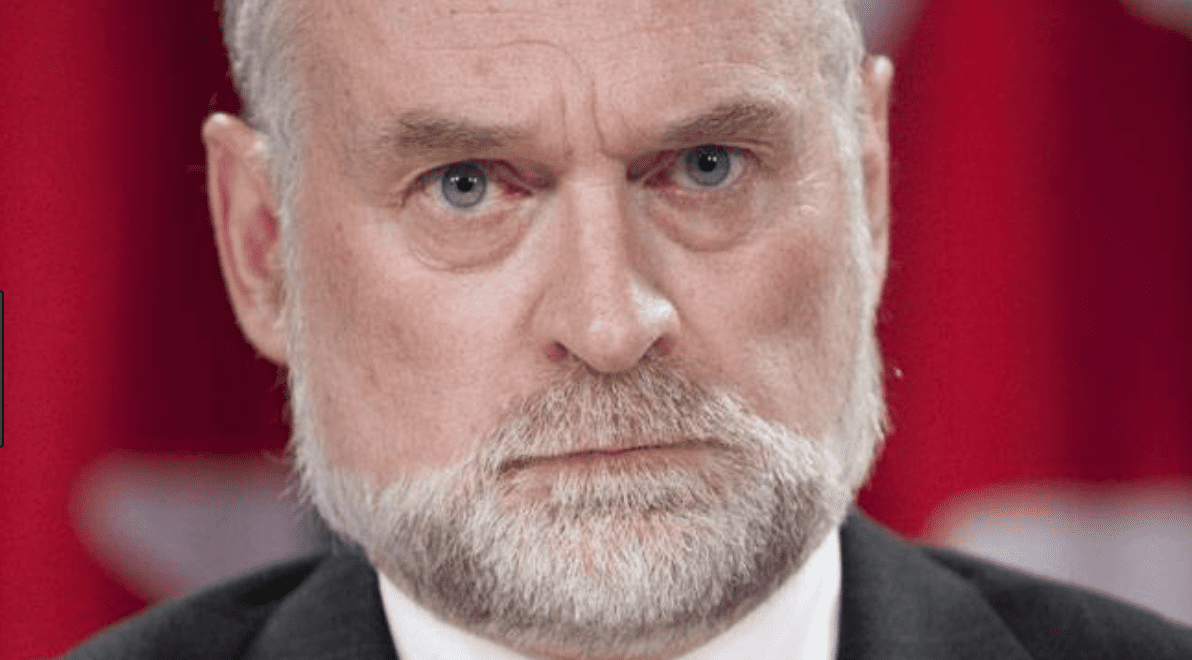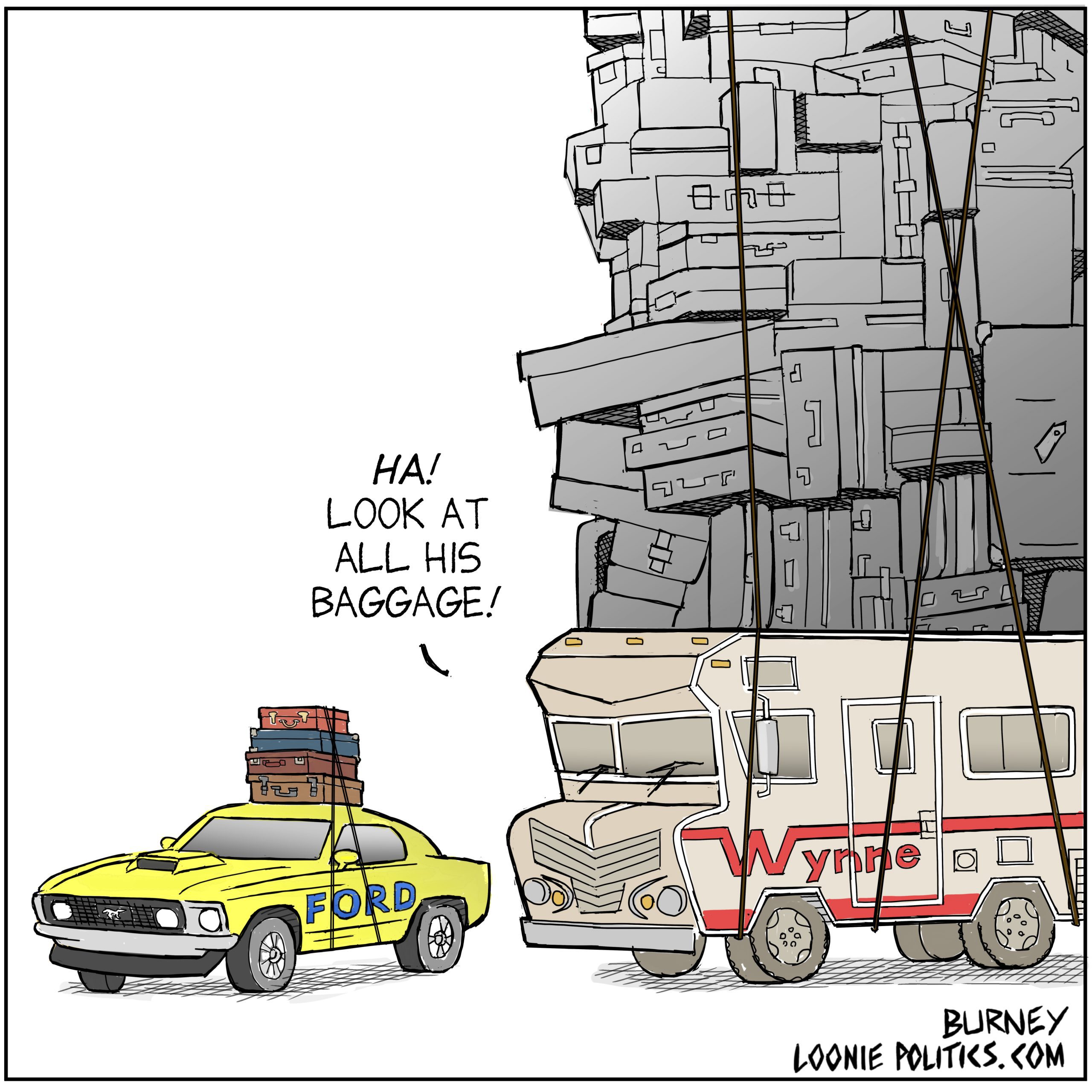There will be immediate tax relief. The size and scope of government will decrease. The CEO of Hydro One will be fired
Ontarians have been ready for a while to turf out Premier Kathleen Wynne and the Liberals, after 15 years of ineffective political rule and economic mismanagement. The only uncertainty was whether they would choose Progressive Conservative Leader Doug Ford or New Democrat Leader Andrea Horwath to lead the province in a new direction.
After an election campaign full of wicked highs and lows, the voters ultimately sided with the party of small government, lower taxes, economic liberty and fiscal responsibility.
Ford and the PCs won 76 out of 124 seats, ahead of the NDP (40 seats), Liberals (seven seats) and Greens (one seat). The PCs won 40.5 per cent of the popular vote, followed by the NDP (33.56 per cent), Liberals (19.59 per cent) and Greens (4.6 per cent).
Some people immediately questioned how the PCs could have earned a 13-seat majority when nearly 60 per cent of the province voted against them. But the first-past-the-post electoral system only rewards the party winning the largest number of seats. Popular support serves as a potential indicator, not the determining factor.
Wynne certainly knows this. Her party won 58 out of 107 seats in the 2014 election, which moved the minority Liberal government back into majority status. Yet this was accomplished with only 38.65 per cent of the popular vote.
Regardless, Ford won a majority under the current electoral system and will become the province's 26th premier on June 29.
What will Ford's Ontario look like?
That's a tough question to answer. The PCs have to take their election platform, Plan For The People, which isn't full costed, and determine how much of it can be implemented in the current economic climate.
Nevertheless, it's possible to predict some basic political ideas and financial concepts that the incoming government will consider.
There will be immediate tax relief for Ontarians. Personal income tax rates will be reduced and the corporate tax rate will drop from 11.5 per cent to 10.5 per cent. There will also be a reduction to the small business tax rate. This will help reduce the overall provincial tax burden, give people more take-home pay and encourage more spending to keep the economic engine chugging along.
The size and scope of government will gradually decrease. This will lead to trimming the fat in the bureaucracy, more streamlined services, greater efficiencies in the public sector and a significant reduction in government interference. For those who have been furious that big government existed in Ontario under the Liberals, things are going to change.
Private sector involvement will be heavily encouraged. Tax credits for new and existing businesses will surely be considered, as well as rolling out the welcome mat for international investment. Innovation will be rewarded, as well as financial models that reinvigorate Ontario's shattered economic status. This will hopefully result in many new job and financial opportunities.
Public spending will be more prudent. An extra $5 billion has been earmarked for transit. There will be rebates for child care services, more money for public education and additional funding for autism services. These spending measures, and others, will help Ontario families and their children feel more secure that their tax dollars are being spent wisely and efficiently.
Meanwhile, Ford's "buck a beer" plan will reduce the minimum price floor, make the cost more affordable and increase competition.
The carbon tax will be challenged in Ontario, and Ford can hopefully work with other provinces like Saskatchewan, Manitoba and Alberta (depending on next year's provincial election) to oppose the federal Liberal government's strategy.
The sex curriculum will be repealed and rewritten down the road.
As well, the chief executive officer of Hydro One, along with its board members, will be fired as quickly as possible.
If Ford tackles most of these issues in his first 100 days in office, he'll be well on his way to political success in Ontario. Let's see what happens.
Troy Media columnist and political commentator Michael Taube is also a Washington Times contributor, Canadian Jewish News columnist, and radio and TV pundit. He was also a speechwriter for former Prime Minister Stephen Harper.



